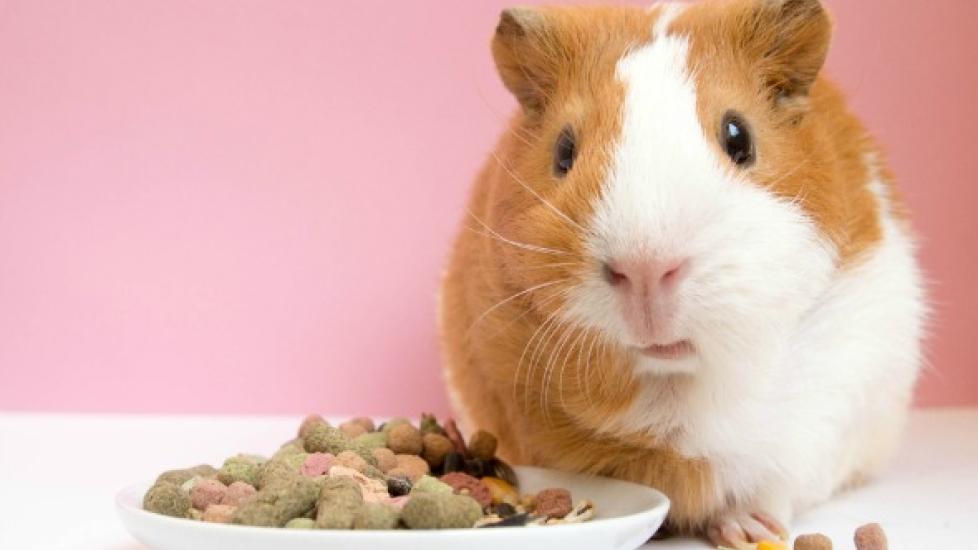Loss of Appetite in Guinea Pigs
Appetite Loss and Anorexia
A guinea pig may have partial loss of appetite (inappetence) or refuse to eat altogether (anorexia). And while anorexia is mostly due to various forms of infections, inappetence is a common manifestation of several diseases and disorders, including lack of fresh water, an inability to chew properly, or exposure to extreme temperatures. Dietary changes and environmental changes may also trigger loss of appetite.
If a guinea pig does not eat for a long period of time, its condition may worsen quickly, resulting in liver problems and even death. Therefore, seek veterinary care if your guinea pig is suffering from either of these conditions.
Symptoms and Types
The signs your guinea pig displays will depend on the underlying cause of its loss of appetite. Some common signs include:
- Weight loss
- Lethargy
- Depression
- Water and food laid out are untouched
- Loss of elasticity in its skin
- Rough hair
If the loss of appetite is due to an infection, the guinea pig may have diarrhea or a fever. Meanwhile, misaligned teeth is a good indicator of malocclusion, another factor for loss of appetite.
Causes
- Stress
- Recent surgical procedure
- Environmental changes
- Dietary changes
- Insufficient fresh water
- Exposure to extreme temperatures
- Infections (e.g., bacterial, viral, parasitic)
- Malocclusion of teeth (i.e., under-bite or overbite)
- Ketosis, a condition in which the liver produces excess amounts of digestive byproducts
Diagnosis
Loss of appetite is frequently diagnosed by completing a thorough medical history of your guinea pig. To identify infectious-causing factors, however, your veterinarian will need to run various laboratory tests on the guinea pig.
Treatment
Treatment is based on the underlying cause of the appetite loss. But very often, your veterinarian will recommend special foods for the guinea pig such as commercial hand-feeding formulas, ground up pelleted chow, and vegetable baby foods; vitamin C supplements are sometimes necessary.
Living and Management
If your guinea normally lives with other animals, it should be placed in a separate, stress-free environment during recovery. Force-feeding by your veterinarian or you may also be necessary if the guinea pig refuses to eat.
Prevention
Because of the various causes to appetite loss, there is no surefire way to prevent the condition in guinea pigs. However, feeding your guinea pig a well-balanced, healthy diet and providing it a stress-free, clean environment may help reduce the chances of the condition.
